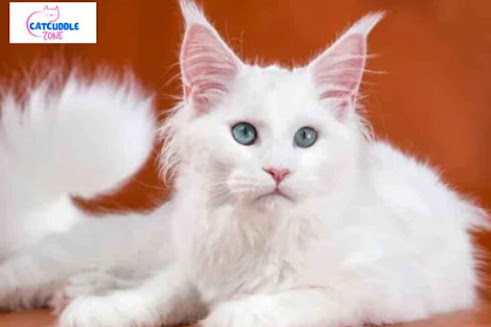Why Do Cats Chirp? A Complete Guide to Cat Chirping Behavior
Have you ever heard your cat make a sound that’s not quite a meow, not quite a purr—but more like a soft, high-pitched “chirp”? If so, you’re not alone. Cat chirping is a unique and adorable behavior that many cat owners find both mysterious and entertaining.
So, why do cats chirp? Let’s explore this fascinating feline behavior in depth—and decode what your kitty is really trying to say.
What Is Cat Chirping?
A cat chirp is a short, trilling, bird-like sound that’s usually higher in pitch than a meow. It’s often heard when a cat is watching birds through the window, excited, or trying to get your attention. Some cats even chirp while playing or walking around the house.
It’s a cute sound—and it’s packed with meaning.
Top Reasons Why Cats Chirp
1. Excitement or Stimulation
Cats often chirp when they see something interesting, like a bird, squirrel, or toy. The chirp is a sign of excited anticipation—it’s as if they’re saying, “Look at that! I want it!”
2. Hunting Instincts
Chirping is believed to be connected to a cat’s predatory nature. When a cat sees prey it can’t reach—like birds through a window—it might chirp out of frustration or instinctual drive. It mimics the sound of prey or is part of their “hunt-talk.”
3. Communication With You
Cats may chirp to get your attention—especially if they want to show you something or are asking for interaction. A chirp directed at you is often a friendly greeting or a nudge to play.
4. Mother-Child Communication
In the wild and at home, mother cats chirp to their kittens to call or guide them. Adult cats may continue this behavior, chirping to communicate softly and positively with humans or other pets.
5. Learned Behavior
Cats that grow up in a vocal household or around other chirping cats often learn to chirp more frequently. It becomes part of their social and emotional vocabulary.
Is Chirping Normal?
Absolutely! Chirping is normal and healthy behavior. It usually means your cat is mentally stimulated, engaged, and excited. It’s often a good sign that your cat is curious and well-adjusted.
However, if your cat starts chirping excessively along with signs of stress, anxiety, or pacing, it’s worth keeping an eye out for behavioral or medical concerns. Chirping alone, though, is rarely a problem.
When to Be Concerned
While chirping is normal, here are some signs to watch out for:
-
Chirping paired with panting or heavy breathing
-
Chirping while showing signs of distress or hiding
-
Sudden change in vocalization behavior (especially if elderly)
In these cases, a vet check-up can help rule out underlying issues.
How to Encourage Chirping and Engagement
Want to hear more of those sweet chirps? Try:
-
Interactive play: Use feather toys or laser pointers to simulate prey.
-
Window perches: Set up a comfy bird-watching station.
-
Talking to your cat: Some cats respond with chirps when spoken to gently.
-
Routine and bonding time: The more comfortable and engaged your cat feels, the more likely they are to vocalize happily.
Final Thoughts: The Joy of the Chirp
Cat chirping is just one of the many ways our feline friends express themselves. It’s a blend of instinct, communication, and personality—and it makes cats even more endearing.
So next time your kitty chirps at a bird or greets you with a trill, know that it’s a sign of joy, curiosity, and connection. Embrace the chirp—it's your cat's unique voice in action!
For more insights on fascinating cat behaviors, check out our full blog post here:
👉 https://catcuddlezone.com/why-do-cats-chirp/



Comments
Post a Comment